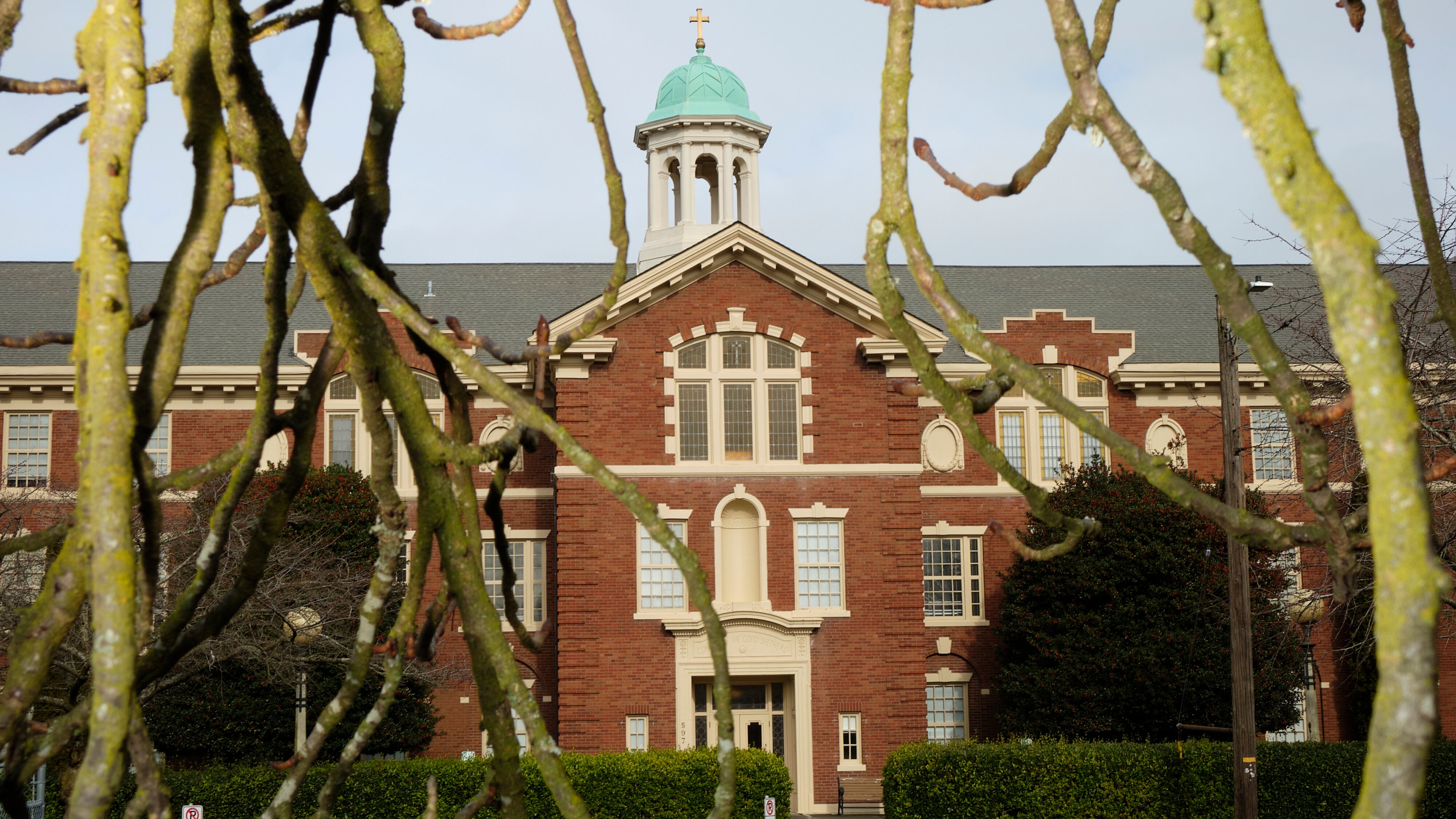The nonprofit that owns Rosemont Court, the affordable housing building that relocated 90 low-income seniors in 2021 after a Legionnaires’ disease outbreak killed one resident and sickened another 14, says it won’t reopen because the city of Portland and the state haven’t offered them adequate money to do so.
“[We have] been working with public and private funding partners for nearly nine months to identify possible solutions to preserve the building and bring it back into service,” Trell Anderson, executive director of Northwest Housing Alternatives, tells WW. “To date after seeking funding from the Portland Housing Bureau and Oregon Housing and Community Services, no funding has been offered.”
Anderson says that while the nonprofit will continue to seek $6 million in public funding to complete necessary building repairs, it will also explore a sale of the building.
The 90 seniors relocated in 2021 and 2022 in the wake of the outbreak were offered rental assistance by the Joint Office of Homeless Services. That rent assistance is due to expire next year, Anderson says, and “no long-term rent assistance for former residents has been offered” by the Joint Office.
But the Portland Housing Bureau provided records that would appear to contradict—or at least add nuance to—Anderson’s statements.
According to the Housing Bureau, the nonprofit applied just last Friday for city dollars that are meant specifically for repairs to affordable buildings. The bureau says it will decide on awards by the end of the year and is currently reviewing applicants.
And, according to an Oct. 4 letter from Joint Office director Dan Field to Anderson, the Joint Office promised to commit “rent subsidies and services funding to support 50 units of Permanent Supportive Housing at Rosemont Court when the building comes back into service” using dollars from Metro’s homeless tax measure.
When asked about the support offered by the city and the Joint Office, Anderson said they don’t address the meat of the issue: No government has given them the $6 million needed for capital repairs to reopen the building. Anderson adds that the Joint Office offer for rent assistance is for new, not former, residents and is limited to five years. “Former residents of Rosemont Court are at risk of homelessness if ongoing rent assistance is not offered,” Anderson says.
City staff appeared surprised by Rosemont’s impending sale. After all, less than two weeks ago, Housing Commissioner Carmen Rubio’s policy director expressed her excitement about the nonprofit reopening the building. Christina Ghan wrote to Anderson on Oct. 19 that she was “thrilled that there is a path forward for this project that will both offer some stability for previous residents, as well as keep this building in our region’s affordable housing portfolio.”
“It is our understand that all together,” Ghan wrote, “Northwest Housing Alternatives is now in a much stronger position to seek financing for the water replacement work that will allow the building to reopen.”

